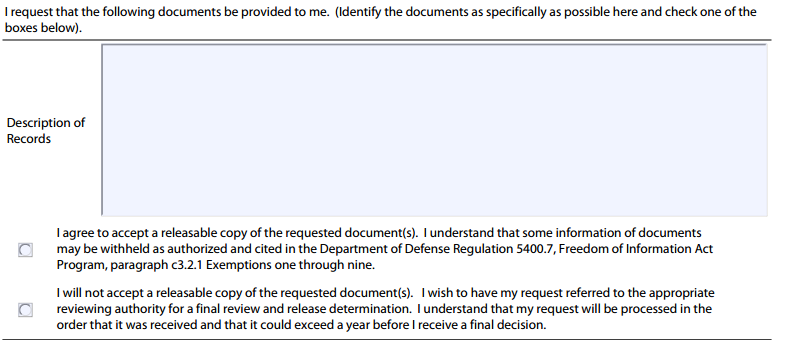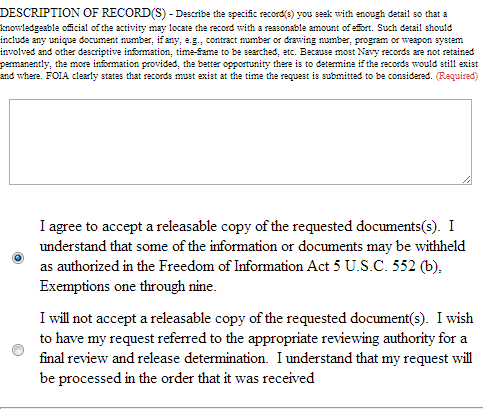CoA sent a complaint to the IRS advising that Enroll America, a § 501(c)(3) organization, is in violation of several provisions of the Internal Revenue Code, and that an immediate investigation is warranted to determine whether its tax exemption should be revoked. Enroll America is primarily organized to benefit the health insurers, pharmaceutical companies, and other for-profit commercial entities represented on its board of directors and advisory council, and is therefore not organized to achieve any of the lawful purposes listed under IRC § 501(c)(3).



